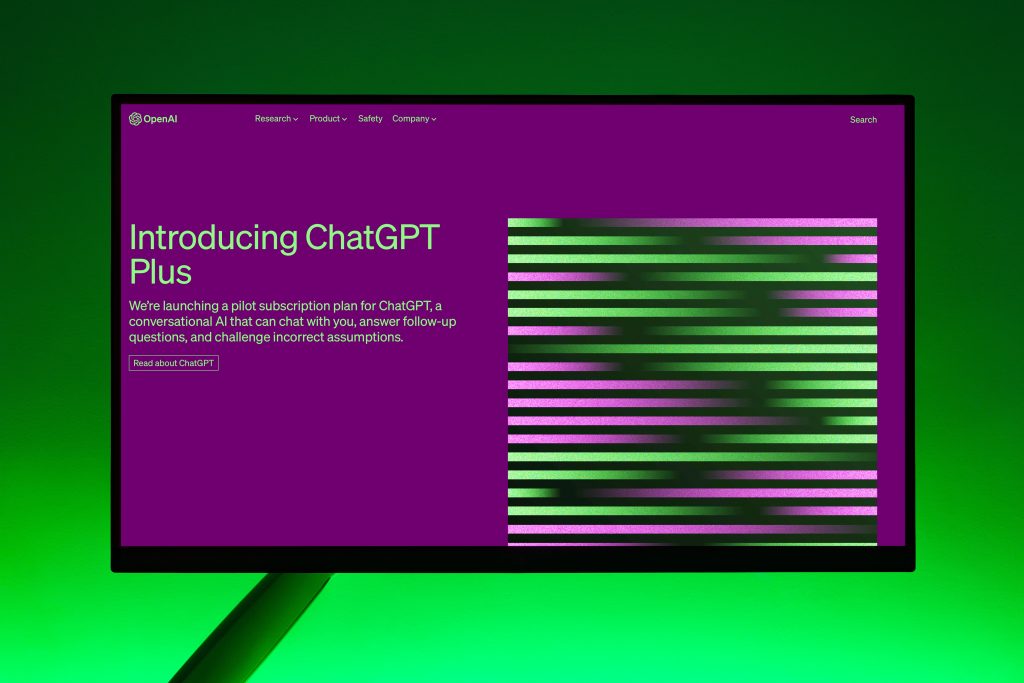Artificial Intelligence with GPT models using Python and OpenAI API
| Preference | Dates | Timing | Location | Registration Fees |
|---|---|---|---|---|
| Instructor-Led Training (In-Person and Live Webinars) |
January 22, 26, 29, February 2, 5, 9, 2024 | Mon. & Fri., 7:00 PM - 9:30 PM | Dubai | 1,250 USD |
Course Description
This course is designed for individuals who have prior experience with Python programming and a basic understanding of machine learning. It targets those eager to deepen their knowledge in the field of artificial intelligence, harnessing both Python and OpenAI APIs. The curriculum emphasizes the latest language models, specifically GPT-3 and GPT-4, highlighting their applications in areas like natural language processing, text generation, sentiment analysis, and chatbot development.
Python will serve as the primary programming language throughout the course, complemented by a strong emphasis on the OpenAI APIs tailored for the GPT-3 and GPT-4 models. Participants will acquire hands-on experience, both in tuning and interacting with these sophisticated, pre-trained models through the OpenAI API.

Unit 1 – Introduction to GPT-3 and GPT-4 models and their architecture
- Overview of OpenAI API
- Exploring pre-trained models and their features
- Fine-tuning GPT-3 and GPT-4 for specific tasks
Unit 2 – Natural Language Processing (NLP) with GPT-3 and GPT-4 using OpenAI API
- Text classification with GPT models
- Named Entity Recognition (NER)
- Text summarization using GPT models
Unit 3 – Sentiment Analysis with GPT models using OpenAI API
- Introduction to Sentiment Analysis
- Text classification with GPT models
- Fine-tuning GPT models for Sentiment Analysis
Unit 4 – Text Generation with GPT models using OpenAI API
- Introduction to Text Generation
- Fine-tuning GPT models for Text Generation
- Generating text based on prompts and context
Unit 5 – Chatbot Development with GPT-3 and GPT-4 using OpenAI API
- Overview of Chatbot development
- Designing a chatbot architecture
- Fine-tuning GPT-3 and GPT-4 for chatbot development
Unit 6 – Advanced NLP Techniques with GPT-3 and GPT-4 using OpenAI API
- Understanding Attention Mechanisms
- Introduction to Sequence-to-Sequence models
- Fine-tuning GPT models for sequence-to-sequence tasks
Unit 7 – Language Translation with GPT-3 and GPT-4 using OpenAI API
- Introduction to Language Translation
- Overview of Encoder-Decoder models
- Fine-tuning GPT models for Language Translation
Unit 8 – Future of GPT Models and Ethical Considerations
- Overview of GPT-4 and future developments
- Ethical considerations of using GPT models
- Recap of the course and future directions
- Programmers who want to learn about GPT models and their applications in AI.
- Data scientists who want to explore advanced NLP techniques using GPT models.
- AI enthusiasts who are interested in learning about the latest developments in AI.
- Anyone who wants to enhance their skills in the field of AI and NLP.
- Individuals who are looking to build their own chatbots or language translation tools using GPT models.
- Students who want to explore the possibilities of GPT models and their real-life applications.
- Anyone who wants to understand the future of AI and the potential ethical considerations surrounding GPT models.
- Basic knowledge of Python programming language
- Familiarity with machine learning concepts and libraries such as Scikit-learn and TensorFlow
- Understanding of Natural Language Processing (NLP) concepts such as text preprocessing and tokenization
- Familiarity with deep learning concepts such as neural networks, backpropagation, and gradient descent
Upon completion of this course, participants will be able to:
- Build their own GPT models for specific tasks and projects.
- Explore more advanced NLP techniques using GPT models, such as sequence-to-sequence models.
- Develop chatbots and conversational agents using GPT models.
- Use GPT models for language translation and text generation.
- Stay up-to-date with the latest advancements in AI and GPT models by attending industry events and keeping up with relevant research.
Testimonials

